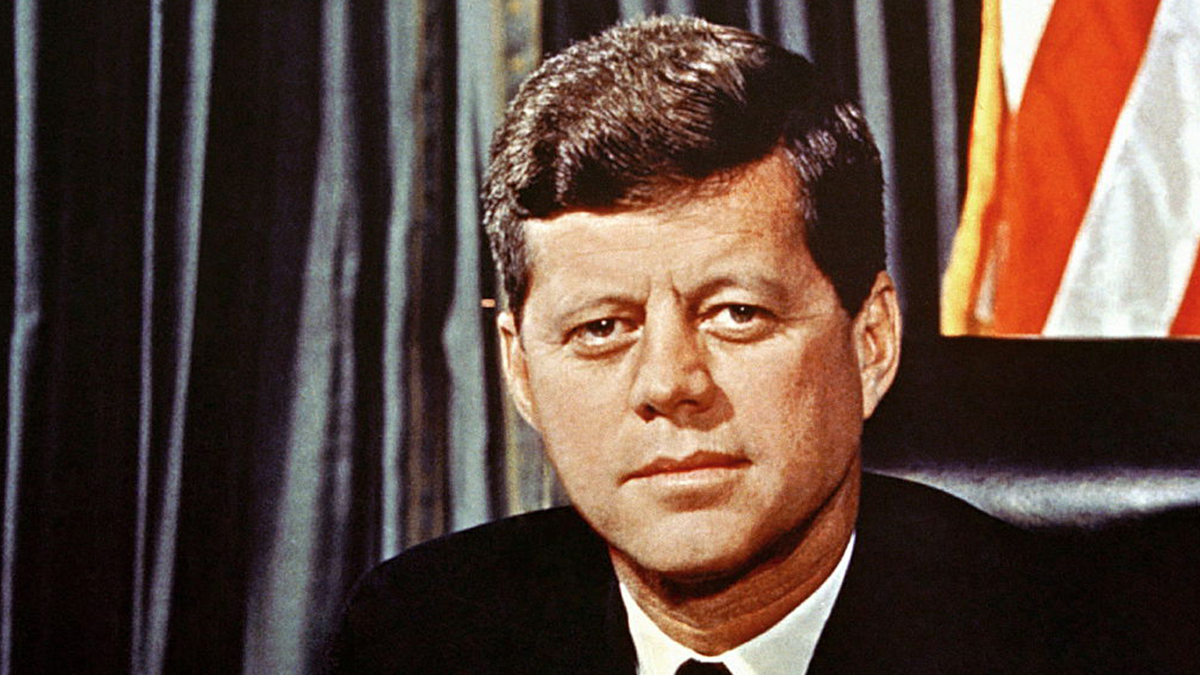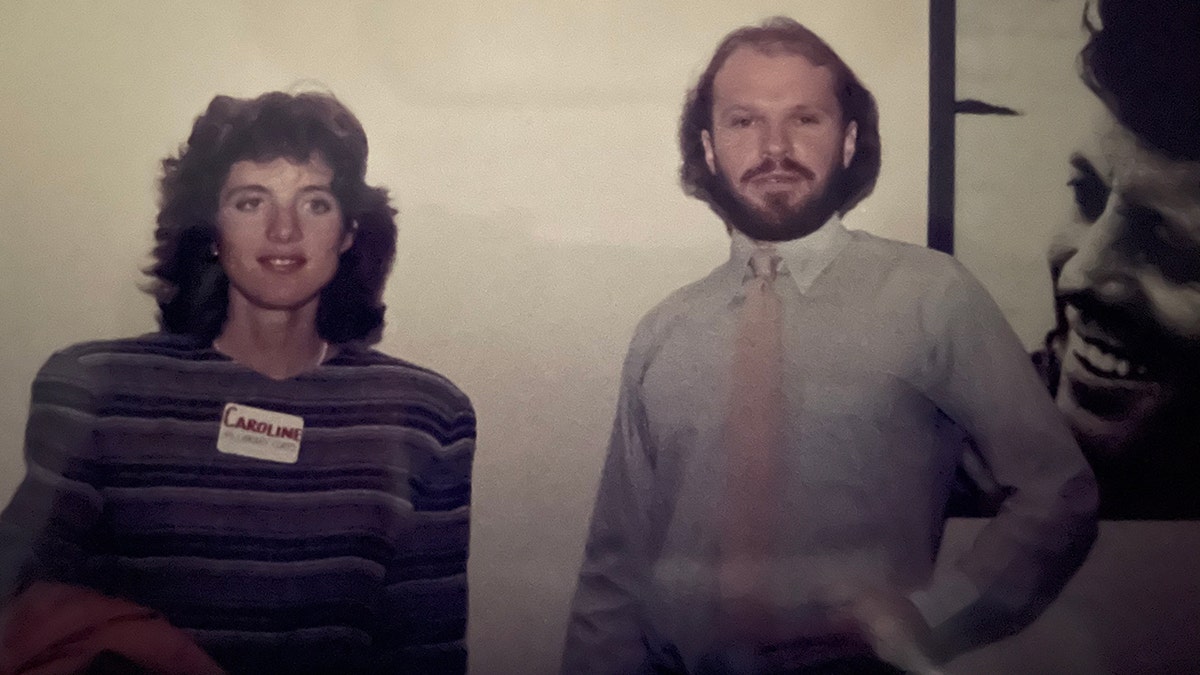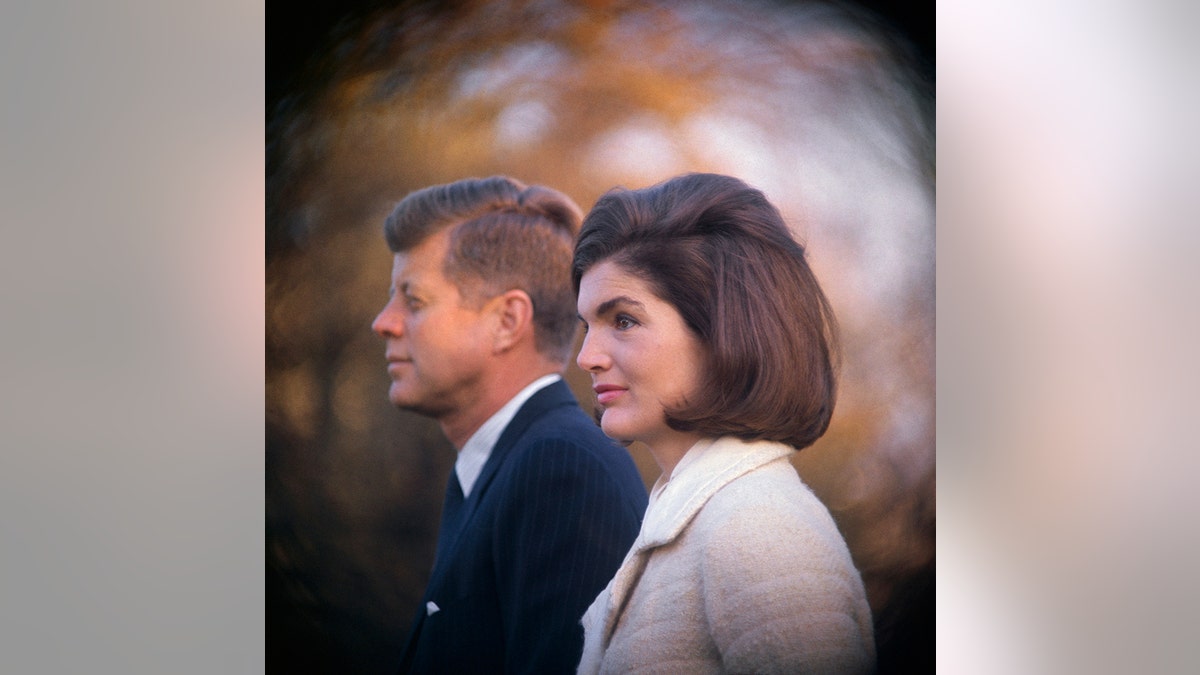JFK author explains why 'Camelot' is not the best description of Kennedy legacy
Author Stephen F. Knott argues that Jackie Kennedy's description of her husband's legacy as "Camelot" soon after his death is not an accurate portrayal of the 35th president.
EXCLUSIVE - Author Stephen F. Knott explained in an interview with Fox News Digital how he went from "worshiping" President John F. Kennedy, Jr., to "souring" on him and eventually accepting the 35th president.
Knott, a professor of national security affairs at the US Naval War College in Newport, Rhode Island, penned a new book, "Coming to Terms with John F. Kennedy," which is described as offering a "nuanced assessment" of the 35th president. Knott examines Kennedy in five areas: His interpretation of presidential power, his approach to civil rights, and his foreign policy toward Cuba, the Soviet Union, and Vietnam.
Knott grew up in a "Kennedy loving family" in Massachusetts, where he said he "absorbed" the admiration his mother had for JFK for breaking the barrier that had kept a Catholic out of the White House. But years later, when he found himself working in Boston's John F. Kennedy Library, he started to question his inherited sentiments.
"My mother was Irish Catholic herself, so that was kind of my inheritance and I absorbed it 100%," Knott told Fox News Digital. "As I got a little bit older and after working at the John F. Kennedy Library in Boston, my position began to change somewhat. I grew a little bit cynical, a little bit jaded about the entire Kennedy family or the political aspect of the Kennedy family. And I moved rightward and sort of abandoned my childhood love for all things JFK."

President John F Kennedy (Getty)
"But as I've gotten older and spent the bulk of my life studying and writing about the presidency, I decided it was time to go back and sort of reexamine the first president I could remember and the first president, I, to be blunt, worshiped," Knott continued.
Knott described his current attitude toward the 35th president as one that is more balanced and "nuanced." While he appreciated Kennedy's ability to inspire Americans, he can't ignore JFK's years of infidelity. It has long been reported that JFK was unfaithful to his wife, including with the iconic actress Marilyn Monroe. In his recently released book, "Jackie: Public, Private, Secret," author J. Randy Taraborrelli writes that the former first lady was haunted when Monroe allegedly called her family home and asked if "Jack was home."
"On the one hand, I think he was a president who appealed to our better angels, to use a phrase from [Abraham] Lincoln," Knott said of Kennedy. "I think some of his presidential rhetoric is the best that we've ever seen. On the other hand, his personal life was kind of a shambles. He certainly didn't serve as a model husband, but on the whole, I would give Kennedy a positive rating late in my life here, not acknowledging, of course, that the man had some pretty serious flaws."
The author likes to positively compare Ronald Reagan and Kennedy, describing the two as having appealed to "the best in the American experiment." But he described being "turned off" by the Donald Trump presidency and the Trump movement, crediting it as being a definite factor in his decision to revisit the first president he could remember and admired.

Author Stephen F. Knott with Caroline Kennedy at the JFK Library in Boston. (Photo courtesy of Stephen F. Knott)
Aside from the president's private conduct, Knott said he's also been critical of Kennedy's take on presidential powers, calling it too expansive and "unbounded."
"John F. Kennedy, I think, was very much in concert with most 20th century progressive presidents and believing that the president could be, as Woodrow Wilson put it, as big a man as you wanted to be," the author said. "And I find that to be a somewhat dangerous and ultimately self-defeating take on the presidency. And what I mean by that is, I think 20th century progressive presidents, including Kennedy, promised too much in terms of what the presidency could deliver and also promised too much in terms of what the federal government writ large could deliver."
Both Democrats and Republicans have adopted JFK quotes over the years to further their own agenda. Knott said it's hard to place the largely popular president into a certain political party, admitting that his answer may be a "cop-out."
ON THIS DAY IN HISTORY, NOV. 22, 1963, JOHN F. KENNEDY, 35TH PRESIDENT, IS ASSASSINATED
"In many ways, John F Kennedy was somewhat hawkish, somewhat," Knott said. "This kind of sounds like a cop-out, but I see elements of Kennedy's presidency, Kennedy's stances on issues in both parties. Strong believer in national defense, a strong believer in American exceptionalism. Kennedy was an unabashed patriot, and perhaps in that sense, that might put him a little bit more in the Republican ranks. In terms of his stance on civil rights, which he belatedly embraced wholeheartedly, perhaps that puts him more in the Democratic Party camp. So, again, that sounds perhaps like a bit of a cop-out, but I think both parties can claim at least some aspect of the Kennedy legacy."

President and Mrs. Kennedy. (Getty Images)
In an interview with journalist Theodore White less than a week after her husband's assassination, which happened 60 years ago this month, Jackie Kennedy famously referred to her husband's presidency as "Camelot." Camelot referred to utopian ideals and gave the short-lived Kennedy White House a sort of mythical aura.
"Well, it's obviously inaccurate," Knott said. "It was not Camelot."
MARILYN MONROE'S JFK PHONE CALL HAUNTED JACKIE KENNEDY YEARS AFTER STAR'S DEATH, AUTHOR CLAIMS
"That is why I think even Jackie Kennedy herself came to later regret perhaps the use of that over-the-top phrase," he offered. "But she was very concerned, as she put it, that these sort of coldhearted historians would never truly appreciate the greatness of her husband. And it's interesting because she was certainly aware of his personal life."
Knott said he remembers firsthand how defensive Jackie Kennedy was of her late husband during his tenure at the JFK Library.
"I can tell you that she was very, very interested in terms of how the library was presenting her husband, how the library was either protecting or perhaps damaging her husband's reputation," he recalled. "So to the end of her life, she was engaged, in a sense, with protecting the legacy of President John F. Kennedy."
CLICK HERE TO GET THE FOX NEWS APP
For more Culture, Media, Education, Opinion and channel coverage, visit foxnews.com/media.





















